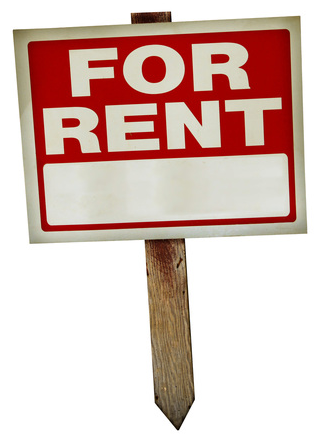Renting out is a good way to invest in your property and increase your passive income overtime. That being said, there’s a lot more to being a professional landlord than charging a monthly fee from anyone who wants to live in your basement. You, as a landlord, will be responsible for the tenant as well as your property. It’ll be your job to make sure the rental agreement is carried out without any hiccups. It’s normal for new landlords take a while to get used to such a business arrangement. You can, however, avoid unnecessary struggles and unwanted problems by following these easy tips:
Hire a Really Good Solicitor
The first step to take as a prospective landlord is to hire an excellent solicitor or a conveyancer. Do not be disappointed if your landlordship begins with a search for “property conveyancing Brisbane” instead of“apartment wanted in Gold Coast.” Some solicitors might simultaneously call themselves conveyancers, but there’s a significant difference between the two. A solicitor is a qualified lawyer, while conveyancers exclusively specialise in property transactions. A solicitor will be more expensive than hiring a conveyancer, but will be able to give you legal advice beyond property law. It’s up to you to choose which you want to hire, but whoever it is should be able to counsel you on local and national property laws and draft the necessary contracts for taking in tenants. Note that if you decide on a conveyancer, that person should be licenced with the Australian Institute of Conveyancers.
Know the Law
Once you’ve hired a solicitor or a conveyancer, do not rely on them completely to handle legal matters. You should have at least a basic knowledge of the laws that affect you as property owner and a landlord. Your local government will have plenty of online resources for you to become familiar with the rights and responsibilities of landlords and tenants. (Remember, property and tenancy laws vary from state to state in Australia.) Try to read your state government’s particular tenancy act, and if you don’t understand, feel free to ask your solicitor. Get in touch with local residents, tenants and landlords associations, who will be able to give to excellent advice and guide you through the legal process.
Repair Anything that is Broken
The property you intend to rent out should be in tip-top shape before the first tenants move in. Double check the plumbing and the electrical wiring. Make sure all electrical appliances, bulbs and power outlets are actually working. Fix any broken kitchen cabinet doors, windows, medicine cabinets in the bathrooms and other similar things. Furniture need not be new for tenants, but don’t provide kitchen tables with broken legs or creaky chairs. Give your entire property a thorough look over and make a list of anything that needs mending.
You should have all the necessary safety equipment installed on your property such as smoke alarms, carbon monoxide detectors and so on. Do not look over the little things, such as a particularly slippery bathtub or a front porch. It’s your job to provide non-slip mats before a tenant gets seriously injured.
Choose Tenants Carefully
Do not rent your property to the first person who asks. Keep in mind that if you don’t like your tenants, you can’t abruptly kick them out whenever you want. It takes legal proceedings to remove tenants, so be careful whom you take in. You might want to consider the level of noise you can tolerate (if you live close to the rental property), whether you want pets in there or small children. Young tenants, like college students, might want to party so you will have to set rules about that. You can run a background check if you want to be absolutely certain about a potential tenant. Check their references. Their financial situation must be strong enough to make payments
Never Rent without a Contract
You must always only rent after both parties have signed the tenancy contract. Don’t informally rent even if you know your tenant very well. The legally binding contract is there to protect the rights of both the landlord and the tenant. You could run into serious trouble if you rent without that protection.
Have an Inventory Checklist
Make a list of everything that’s in the property before the first tenant moves in. Note down the state of the item, for example a big scratch on the kitchen table. This will be essential when the tenant moves out and you have to assess the property before you return the deposit.
Follow the above suggestions, and you’ll save yourself a world of trouble as a newbie landlord. Always be informed, learn from your mistakes and you’ll be successful in no time.
